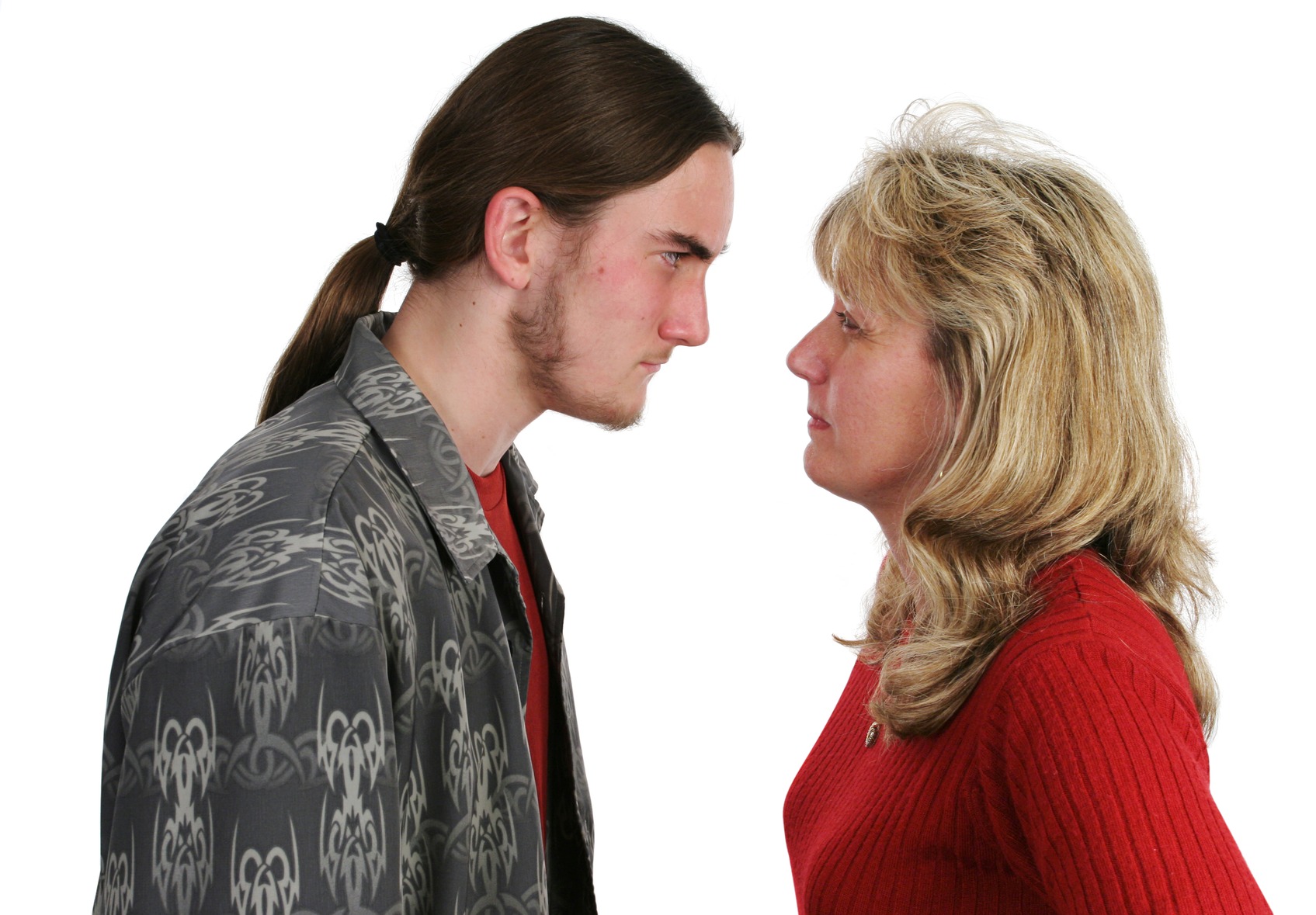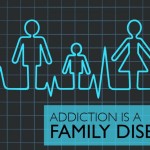Having a family member that struggles with addiction, is a lonely, painful, and confusing, experience. If you’re the ‘go to’ person that the addict seeks out when needing assistance, you’ve become their primary enabler. This position most often falls to a significant family member such as Mom or Dad, but a spouse, child or even friend, can enable the addict too.
Below are six key behaviours that the addicted person uses to ‘train’ their family members to enable their addiction.
1) Emotional extortion – When the addict/alcoholic threatens harm to themselves, or someone else.Or that someone will harm them, if you don’t accommodate their demands.
2) Masters of Manipulation – The addict’s purpose is to control or manipulate a person, place or thing, into a position of giving, or seeing things their way. Addicts manipulate so that other people feel responsible for them. They’re experts at this and very seldom shoulder the consequences of their actions.
3) Blaming and resentful – Addicts/Alcoholics do not take responsibility for their actions. They blame others for the situation they’re in. Using blaming and shaming tactics they can become abusive if not getting their way. Families develop coping skills, or survival tactics, and give in to the addict’s needs, to defuse or stay ‘safe’ in the situation. Or to avoid their own emotional discomfort.
4) Denial and delusion – Addiction is a dishonest disease. To avoid responsibility lying becomes second nature. An addict’s thought process is impaired and irrational. Denial makes a problem smaller than it really is. Delusion says “What problem? There is no problem.” Both addicts and their family members can suffer from this.
5) Self-pity – Addicts tend to believe their situation is worse than everyone else. People are out to ‘get’ them. They often exhibit a ‘poor me’ mentality and become angry if reminded of positive experiences.
6) Self-absorbed and self-centered – Addiction is a selfish, me, me, and me – illness. Addicts are absorbed with their own needs and problems. They tend to view their needs as greater, or more urgent, than others. People who are addicted are emotionally unavailable to their family members.
No family member consciously sets out to ‘help’ their addict die. Addiction is a POWERFUL disease and one on one, it wins every time. If you are the ‘go to’ person for the addict in your family the best thing you can do, is to seek help.
When the consequences outweigh the rewards, most addicts (not all) are forced into a position of being responsible for their illness.
This is when change and recovery can occur.
One thing’s for sure, if you use the same thinking that got you into this mess, to get you out, your situation can turn deadly, fast!
Lorelie Rozzano.
www.jaggedlittleedges.com



Bo
Looking for answers. Thank you
Chris
Hi… When you say if you use the same thinking that got you into this mess, to get you out, your situation can turn deadly fast…….what exactly does that mean..
Lorelie
Insanity is doing the same thing over and over, and expecting a different result. If your thinking got you into the mess, you can’t use it to get you out. You have to reach out for help.
connie
Hello, my son is in recovery at the moment. He was in rehab for 18 days ( first time) He has been very fortunate in that of his 6 years on and off the heroin he has not been to jail and managed to work and not get to far behind on his bills. He and his brothers work for my husband, while in the rehab we covered his bills with the understanding he will work it off..was that enabeling? This is so hard
Susanne Johnson
Great article, thank you! I will share this one with families.
Lorelie
Thank you Susanne. I appreciate all the hard work you do in this field.
Lorelie
Great! I hope you’re having a blast at the conference!